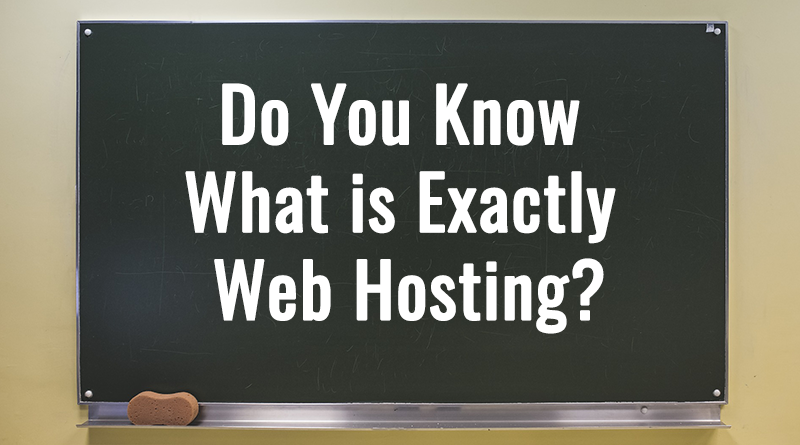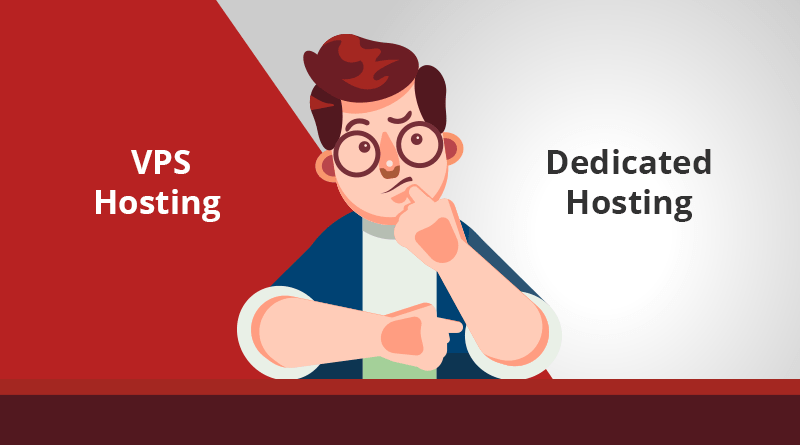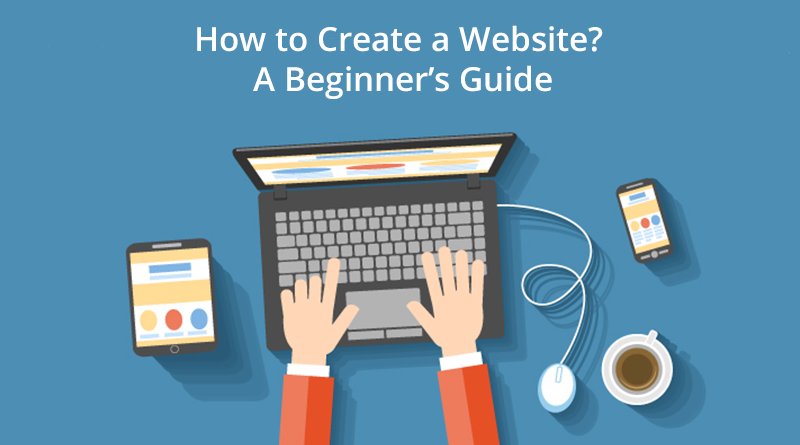If you have developed a website for the first-time, to find out the right type of hosting for you can be a very challenging job to get started. You might find it hard to find the differences between each variety and the way their features will impact your website.
When you learn about the different types of web hosting, you get a clear idea about which will suite your website. Then the next step would be to find a good web host and get your site up and running instantly. In this post, you are going to learn about web hosting is and the main types of web hosting that are available for website owners:
1. Shared Hosting
2. Dedicated Hosting
3. VPS Hosting
4. Managed WordPress Hosting
5. Other Hosting Options for Specific Purposes
Additionally, we will also offer some advice on choosing the best web hosting company for your site. Let’s start with it!
What Is Web Hosting?
A website is located on a server. The server makes it available to the global users present on the internet and helps to deliver your content to them. Simply speaking, web hosting is the service that stores a website or hosts it on a server.
Your hosting provider is actually the company that owns and maintains the server that hosts your website. You also get helpful resources, support and other services like custom email addresses and domain registration too.
The web host will display you a variety of plans to select from. These plans will include different types hosting which will show the pricing and additional features that each one offers.
It is very important step to select the right web hosting service for your site. Your site’s availability, security and performance are dependent on the server’s performance. It means that select the wrong plan or web host can affect your site’s ability to expand and build a user base.
In the same way, your hosting company plays a vital role in keeping your site safe and ensuring it stays up and running. If poor customer support is offered by the web host or fails to maintain its servers well, your website will have to suffer.
Types of Web Hosting Explained
While speaking about different types of web hosting, we generally check the way a hosting provider uses the storage space on a specific server. Below, you will learn about the most common ways websites are stored, as well as a few specialized types of hosting for sites with particular features.
Shared Hosting – New and Small Websites
From the word shared hosting itself, you get an idea that your website will have to share the server with other users. This type of hosting is the least expensive option because it offers just few resources and less amount of storage space which is enough at the start.
In this type of host, your hosting provider manages the server for you. So, you can remain worry free in terms of technical aspects of hosting your site. If you aren’t much experienced with website management yet, it is helpful that you don’t have to worry about your server.
But if you share a server, other websites stored on it can impact your site. For instance, your site will be highly vulnerable to malware attacks. It might even lead to crashing, if other site experiences a traffic spike that overloads your shared server.
Additionally, if other sites on your server get blacklisted for spam or similar activities, your website too can get penalized. But this doesn’t indicate that shared hosting is a bad option. In fact it is a popular solution for new sites that are just putting their first step in the online world or for small websites.
Keeping this in mind, if your website is brand new, shared hosting is the right type of hosting for you. You can then build your website without the need of high investment.
Dedicated Hosting – High-Traffic Professional Sites
Dedicated hosting is the complete opposite option to shared hosting. In dedicated hosting you get complete server just for your website. Here, other websites won’t impact your performance, disk space or security.
Surely, you need to invest high when you want good things. This means that dedicated hosting plans are somewhat expensive as compared to shard hosting. It isn’t suitable for small websites as you won’t use the resources to the fullest extent.
You need to manage the server by yourself in dedicated hosting. So, prior to investing in this option you should think twice or thrice until your website grows big to have its own server. Dedicated hosting offers high benefits to the high-traffic and professional websites.
Virtual Private Server (VPS) Hosting – Growing Websites
If you don’t want to invest in shared hosting, also don’t need an entire web server for your website, a Virtual
Private Server (VPS) solution is the best mid-way option. In VPS, you still share your server with other websites but each site has an allotted and virtually-partitioned amount of space.
Due to this, one or a few sites stay secure from consuming the shared server’s resources. It can also prevent a single user from overloading your server or affecting your site’s performance. But, because it’s still a shared server, plans are much cheaper than dedicated hosting.
If your site has been up and running from a long time and have started building a dedicated audience, upgrading from shared to VPS hosting can help your server to complete your users’ needs. However, you’ll also be able invest less.
Managed WordPress Hosting – Simple Maintenance of Websites
In case you are a WordPress user, you don’t have to worry about whether your server is secure and up-to-date.
You will need to manage your site’s security and perform WordPress core updates. However, a managed WordPress hosting plan can make all these tasks easier.
Since WordPress is popular, some hosting providers have designed special plans just for WordPress users.
Additionally, to store your site on a server, they offer features such as additional security, WordPress updates, and automated backups. Some even offer pre-configured WordPress for you. These managed plans can be available for shared, VPS or dedicated servers. Therefore, managed hosting plans vary widely in terms of pricing.
Other Hosting Services – Specific Purposes
Apart from these popular web hosting types, there are some specialized hosting services that can be relevant to your site. For example, cloud hosting is becoming highly popular. This includes storing your website on several servers that function together as a single server.
With this arrangement, it becomes easy to scale your website while it grows. Additionally, you just need to pay for the amount of server space that you use instead of pre-paying for your space that you won’t use.
Even after these advantages, cloud hosting has some drawbacks such as it can be expensive and is sometimes less secure than traditional hosting. Still, it is worth to invest if you find a highly reputable provider and a website that is likely to grow very quickly.
You can also get hosting plans specifically designed for your e-commerce site. E-commerce hosting plans are typically configured for optimal security and uptime to ensure your online store is available and safe for your customers. They are same as managed WordPress plans but focus on additional features that appeal to online retailers.
Choosing the Right Type of Hosting for Your Site
Even after learning about the entire web hosting options, selecting the right hosting plan isn’t always that easy. Usually, while selecting a web hosting plan and provider, there are five things that you should consider.
The first is the features that you get with each plan you consider. This includes hosting services such as the amount of storage and traffic levels your server can handle, as well as additional features similar to those available with a managed WordPress or e-commerce plan.
Customer support is the second critical aspect you should think about. Your relationship with your hosting provider will mostly be for a long time. You will require a host who’s available to help you fix server-related errors on your site, as well as offer the specific help with your server, website, or WordPress installation.
In addition, you should think about your potential host’s server performance. The web host should be able to serve your site’s content quickly to maintain a successful website. Run performance tests or look for others’ test results, and check if the provider offers performance-related features such as caching and Content Delivery Network (CDN) access.
Ease of use is the other factor into your decision. A hosting company that offers an easy-to-use control panel will help you manage your hosting account and website in the easiest way. Plus, plans those help in WordPress installation or do it for you can save some time for getting your site running.
Finally, price factor is the most important. The above considerations don’t matter if you can’t afford a particular option. You can manage your budget by starting with a shared plan and upgrading down the line. It’s also better to shop around and see which hosts offer the best price for the same feature set.




